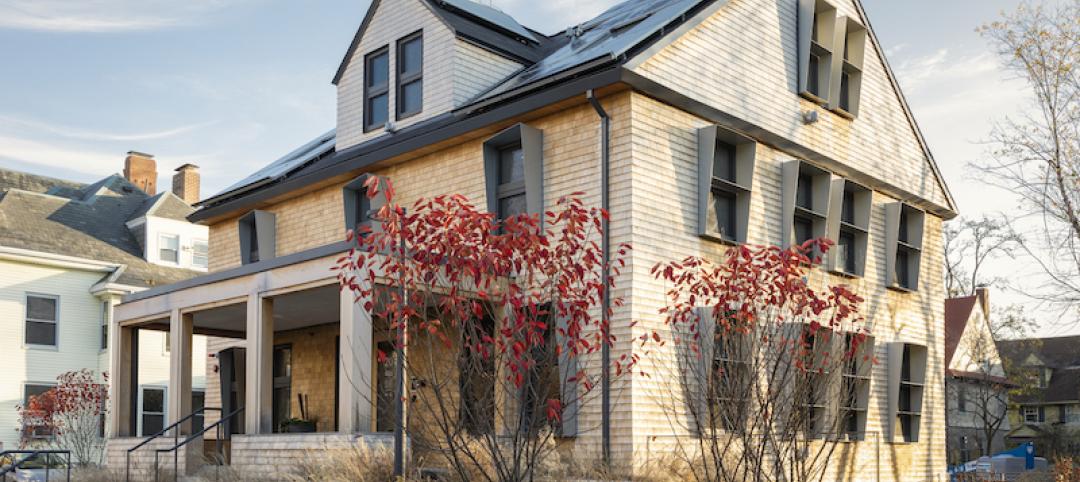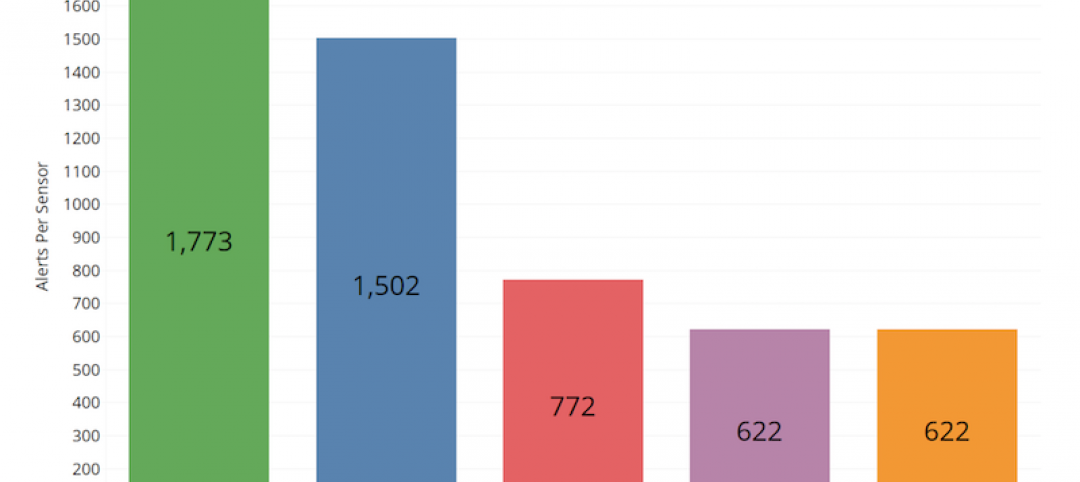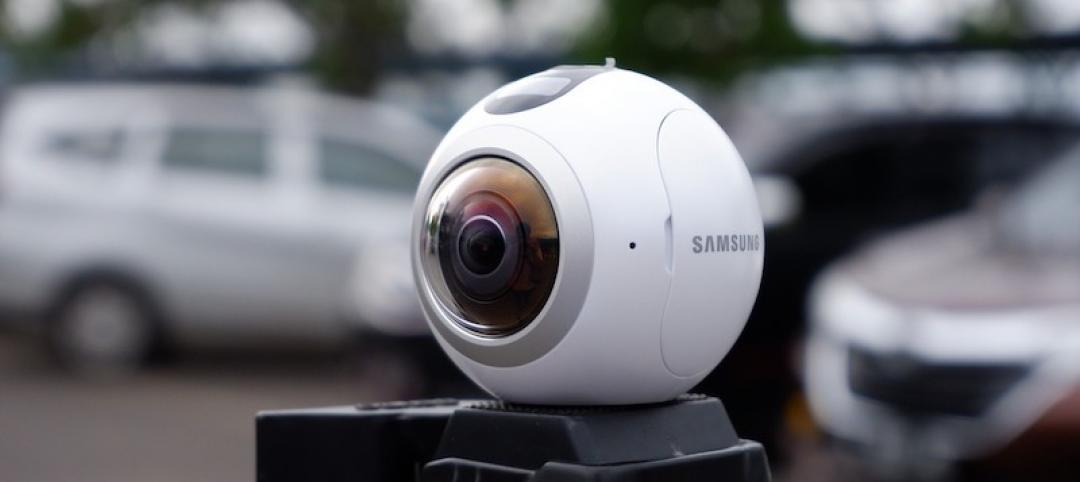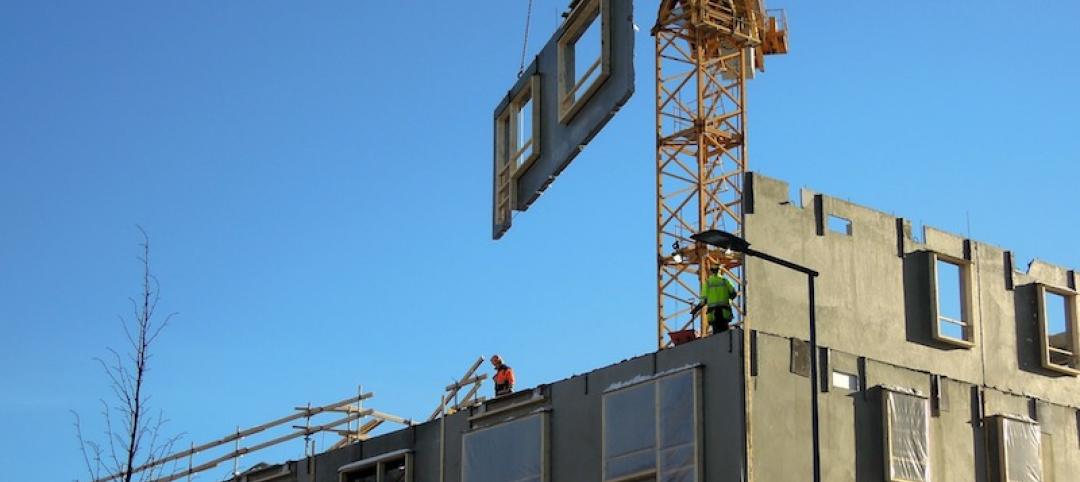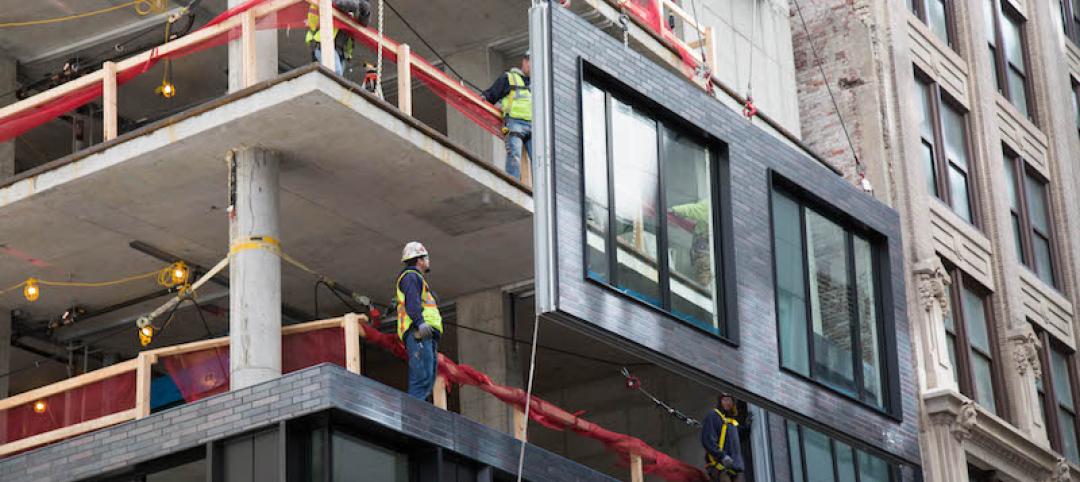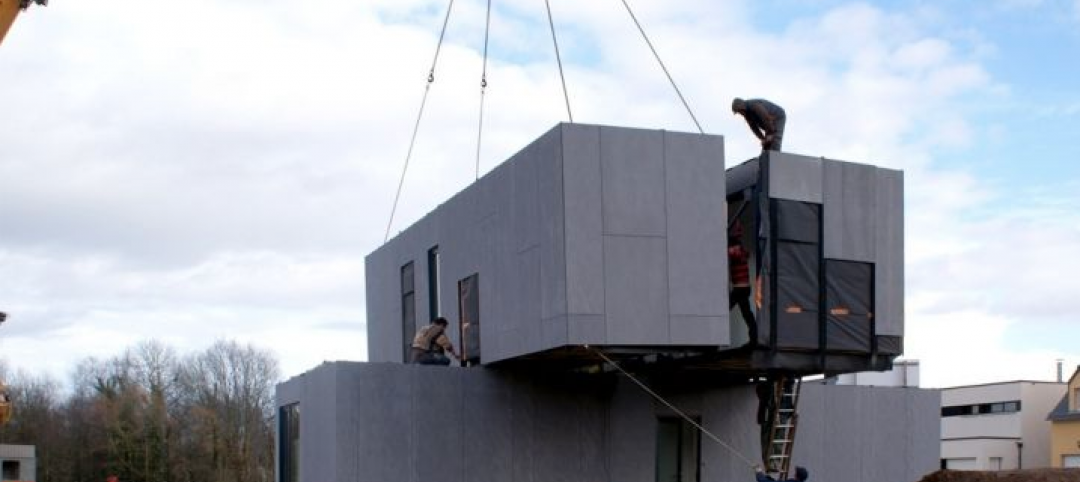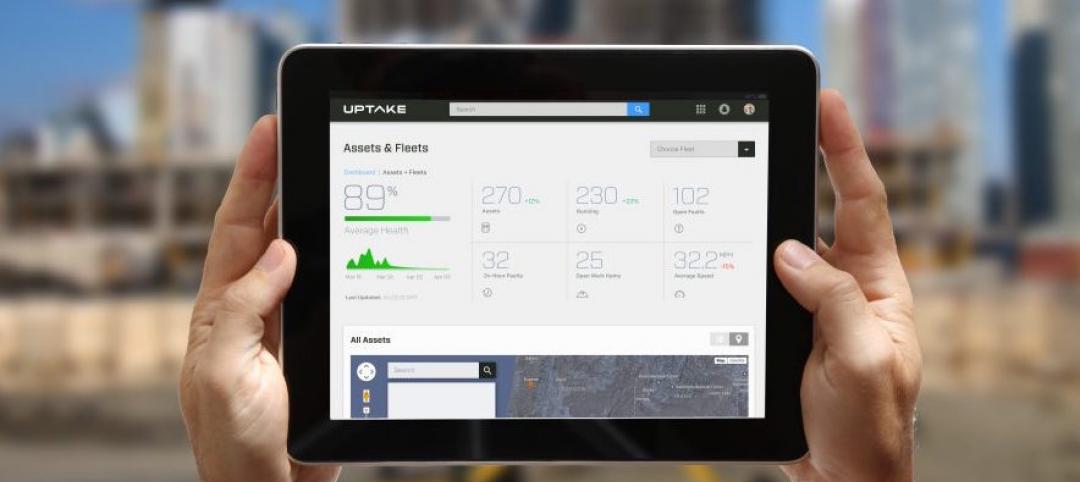A 400-acre site on the outskirts of Denver will be home to a mixed-use neighborhood heralded as one of the most innovative neighborhoods in development in the United States. Peña Station Next will act as a test lab for a multitude of new technology including transparent TVs, advancements in smart kitchen technology, and an intelligent bus stop with self-driving buses.
Panasonic is partnering with the city of Denver on the project and is providing the technology that will be used in the neighborhood.
The transparent television, for example, was shown off by Panasonic at CES 2017 and, essentially, transforms a clear window or an opaque surface into a TV screen, the Denver Post reports. Panasonic showed off working models of the TV technology that included the door of a sake-wine cellar refrigerator, a tabletop, and windows.
Many of the advancements Panasonic is looking to make to already intelligent kitchens are geared toward automating the process of cooking a meal as much as possible. Selecting a recipe on the sake fridge door will automatically set up the necessary appliances, such as preheating the oven to the desired temperature. Kitchen counters also double as induction stove tops with built in sensors that adjust cooking temperatures so as not to burn the food.
The smart bus stop is one of the first pieces of technology that will actually be installed at Peña Station Next. The stop is integrated with two LCD displays showing information such as bus schedules and how far away the next bus is. The stop will be powered by solar energy. The same self-driving buses that are already in use in Helsinki will also be used in the Peña Station Next development.
The neighborhood has already been equipped with 53 intelligent LED streetlights and a parking lot covered with solar panels. Blanket WiFi is expected by spring and the smart bus stop should be in place by summer. The autonomous shuttles are expected to arrive at some point in February.
Related Stories
Energy Efficiency | Dec 5, 2018
Harvard debuts HouseZero as a possible response to making existing buildings more efficient
Hundreds of embedded sensors will inform energy use reduction research.
Building Technology | Oct 15, 2018
Construction continues to be vulnerable to cyberattacks
The latest report from eSentire finds a total of 4 million “hostile events” against all sectors during the spring months.
Building Technology | Sep 20, 2018
A new report tracks industry preferences for building documentation tools
More firms are adding scanning and photography to their services.
Building Technology | Sep 17, 2018
A future-ready office building for techie workers will soon spring up in New York City
Groundbreaking for the 20-story 14th@Irving is scheduled for early next year.
Building Technology | Sep 13, 2018
McKinsey report assesses where opportunities could lie in construction technology
McKinsey & Co. sees systems integration and talent acquisition as key investment drivers.
Modular Building | Aug 6, 2018
More contractors are turning to offsite production for speed and quality
Skender launches an advanced manufacturing division. Katerra ups its bet on modular. Prefabrication comes to the rescue on multiple projects.
Modular Building | Jul 23, 2018
Offsite construction: Why it’s important for the survival of your firm
The industry is approaching its “heart attack moment,” with so many large projects that are chronically late, over budget, and unprofitable, writes FMI Capital Advisors’ Michael Swistun.
Building Technology | Jul 17, 2018
Construction technology is catnip for investors
JLL, in a new report that tracks this trend, cites three areas where startups are most active.


